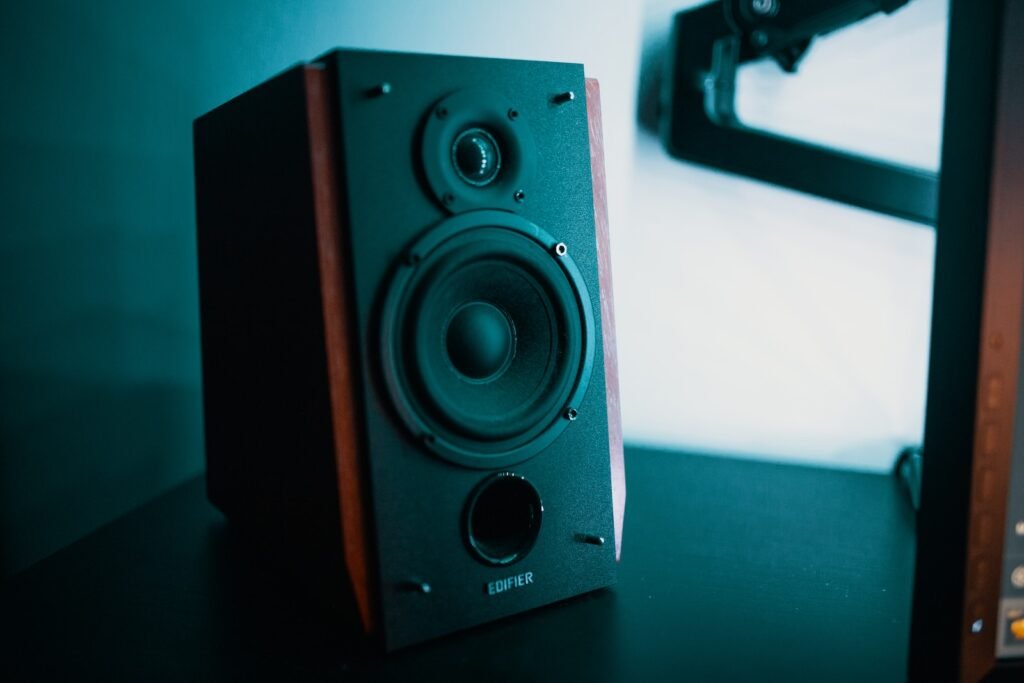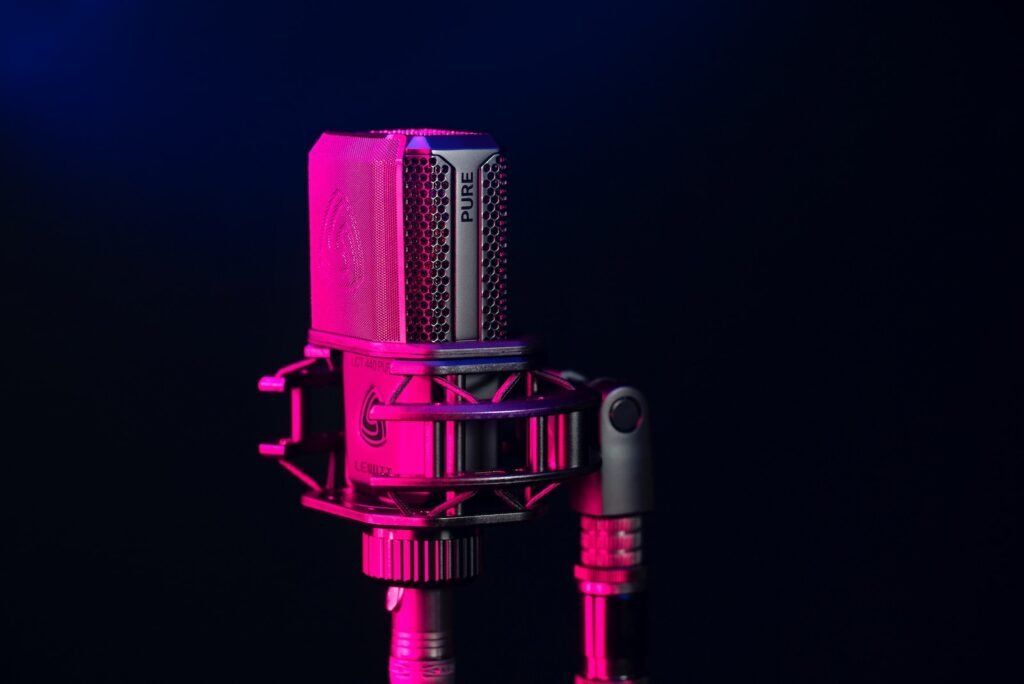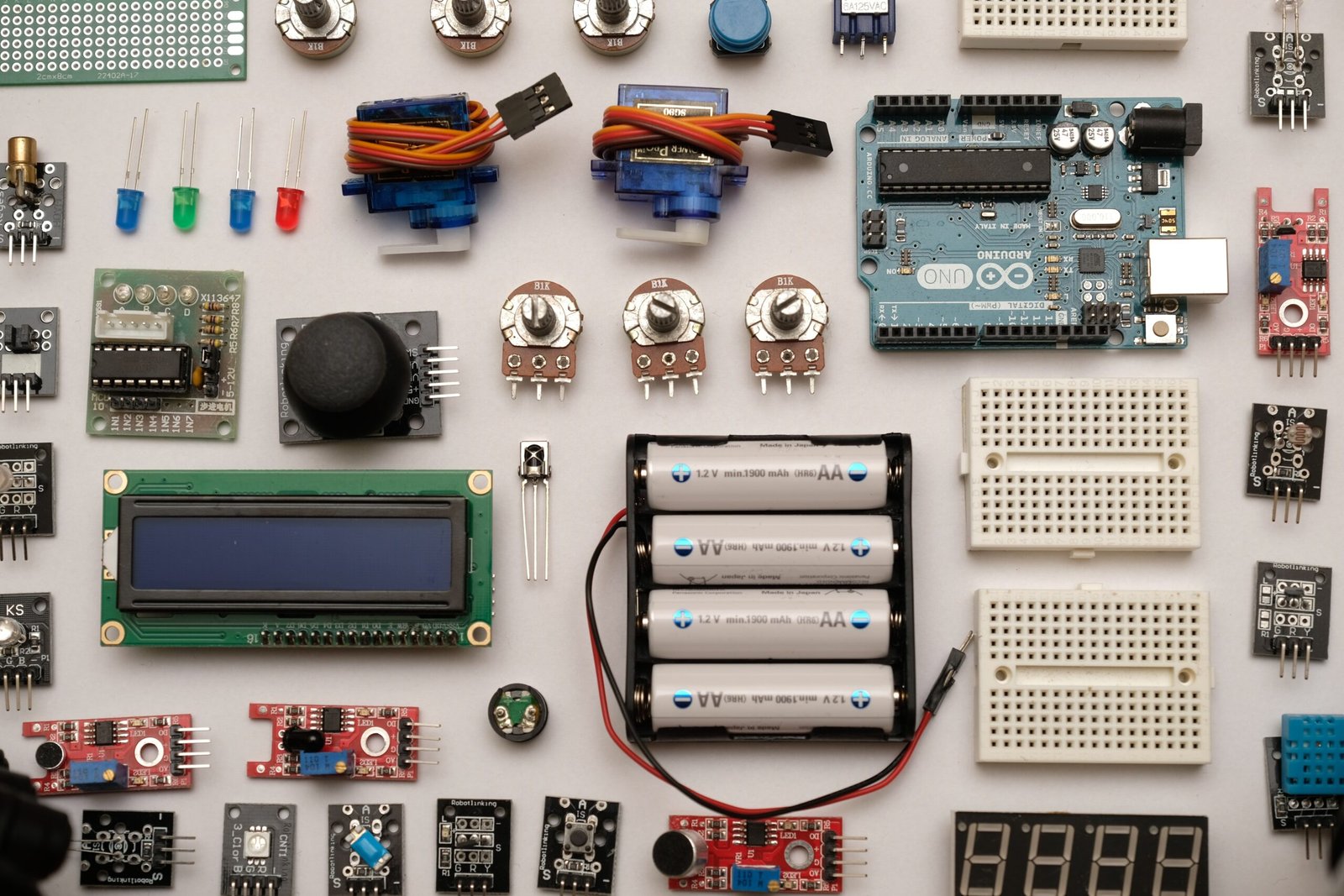Introduction
When it comes to sound equipment, there are a wide variety of options available in the market. Whether you are a musician, a podcaster, or simply someone who enjoys high-quality audio, choosing the right sound equipment is essential to achieving the best sound experience. In this guide, we will explore the different types of sound equipment and provide tips to help you make an informed decision.
1. Speakers\

Speakers are an integral part of any sound system. They come in various sizes, shapes, and power outputs. When selecting speakers, consider the intended use and the size of the space where they will be used. For personal use, compact desktop speakers or wireless Bluetooth speakers may suffice. However, for larger venues or events, professional-grade speakers with higher power output and dispersion capabilities are recommended.
2. Microphones

Microphones are crucial for capturing sound and transmitting it to a recording device or sound system. There are several types of microphones to choose from, including dynamic, condenser, and lavalier microphones. Dynamic microphones are robust and suitable for live performances, while condenser microphones are more sensitive and ideal for recording vocals or instruments in a studio setting. Lavalier microphones, on the other hand, are commonly used in presentations or interviews, providing hands-free operation.
3. Mixers
A mixer allows you to control and balance the audio signals from different sources, such as microphones, instruments, and media players. It is an essential component for live performances, recording sessions, or any situation where multiple audio sources need to be combined. When choosing a mixer, consider the number of channels, built-in effects, and connectivity options that best suit your needs.
4. Headphones
Headphones are vital for monitoring and fine-tuning audio during recording, mixing, or mastering. Closed-back headphones provide excellent isolation and are suitable for recording sessions, while open-back headphones offer a more natural sound and are preferred for mixing and critical listening. Comfort, sound quality, and durability are important factors to consider when selecting headphones.
5. Soundproofing and Acoustic Treatment
Creating an optimal listening environment is essential for accurate sound reproduction. Soundproofing materials, such as acoustic panels, bass traps, and diffusers, help minimize external noise and improve the overall acoustics of a room. Consider the size and shape of the room, as well as the specific frequencies you want to control when choosing soundproofing and acoustic treatment solutions.
6. Cables and Connectors
High-quality cables and connectors are essential for maintaining signal integrity and minimizing interference. When selecting cables, consider factors such as cable length, shielding, and connector types. Balanced cables, such as XLR or TRS, are preferred for professional audio applications, as they help reduce noise and provide better audio quality compared to unbalanced cables.
7. Amplifiers
Amplifiers are used to increase the power of audio signals, ensuring they can drive speakers effectively. When choosing an amplifier, consider the power requirements of your speakers and the intended use. For small-scale setups, integrated amplifiers or powered speakers may be sufficient. However, for larger venues or professional applications, separate power amplifiers and preamplifiers may be necessary.
Conclusion
Investing in the right sound equipment is crucial for achieving the best sound experience in various applications. By considering factors such as speakers, microphones, mixers, headphones, soundproofing, cables and connectors, and amplifiers, you can make an informed decision that suits your specific needs and budget. Remember to prioritize sound quality, reliability, and compatibility to ensure a satisfying audio experience.
Whether you are a musician, a content creator, or simply an audio enthusiast, having the right sound equipment can make a significant difference in the quality of your audio productions. Take the time to research and test different options to find the ones that best suit your needs, and enjoy the immersive and captivating sound experience that top-notch sound equipment can provide.







